Caring for a loved one can be both rewarding and challenging. Whether they are dealing with a disability, mobility challenges, or the effects of aging, understanding their care needs is the first step to ensuring they receive the proper support. To help you evaluate their requirements, we’ve created a Care Assessment Checklist that simplifies this process.
Why Use a Care Assessment Checklist?
A checklist helps you identify areas where your loved one may need assistance, whether it’s with daily living, mobility, medical needs, or emotional support. It can also guide conversations with home care providers or healthcare professionals to ensure the right care plan is in place.
The Care Assessment Checklist
1. Daily Living Activities (ADLs)
These are the basic tasks we do every day. If your loved one struggles with any of these, they may need extra help:
- Assistance with bathing, dressing, and grooming
- Help with eating or meal preparation
- Support with toileting or incontinence care
- Getting in and out of bed or chairs
2. Mobility and Transportation
Mobility challenges can limit independence. Consider whether they need:
- Help walking or moving around
- Assistance with transferring (e.g., bed to wheelchair)
- Transportation to appointments or errands
- Support navigating stairs or uneven surfaces
3. Health and Medical Needs
If your loved one has ongoing health conditions, these needs are crucial:
- Medication reminders or management
- Monitoring of conditions like blood pressure or diabetes
- Help with medical equipment (e.g., oxygen tanks)
- Coordination of doctor’s appointments
4. Memory and Cognitive Support
Memory-related challenges, such as dementia or Alzheimer’s, may require specialized care:
- Support with daily routines and preventing wandering
- Assistance with communication challenges
- Emotional reassurance and memory exercises
5. Emotional and Social Needs
Loneliness and isolation can impact mental health. Your loved one might benefit from:
- Companionship and social engagement
- Participation in hobbies or activities they enjoy
- Emotional support and encouragement
6. Household Management
Managing a home can become difficult for those with physical or cognitive limitations. Look for signs they need:
- Light housekeeping (cleaning, laundry, organizing)
- Grocery shopping or errands
- Meal planning and preparation
- Help managing bills or mail
7. Family Support and Respite Care
Family caregivers also need support. Consider:
- Temporary care to give family members a break
- Coordination with family on care decisions
- Flexible schedules to meet changing needs
What’s Next?
If you’ve checked several boxes in the checklist, it’s time to explore options for home care. Personalized home care services, like those offered by GRO Providers Services, provide compassionate support tailored to the specific needs of your loved one. From personal hygiene assistance to respite care for family caregivers, we’re here to help.
Let’s create a plan together. Contact us today to schedule a professional care assessment and take the first step toward a better quality of life for your loved one.


